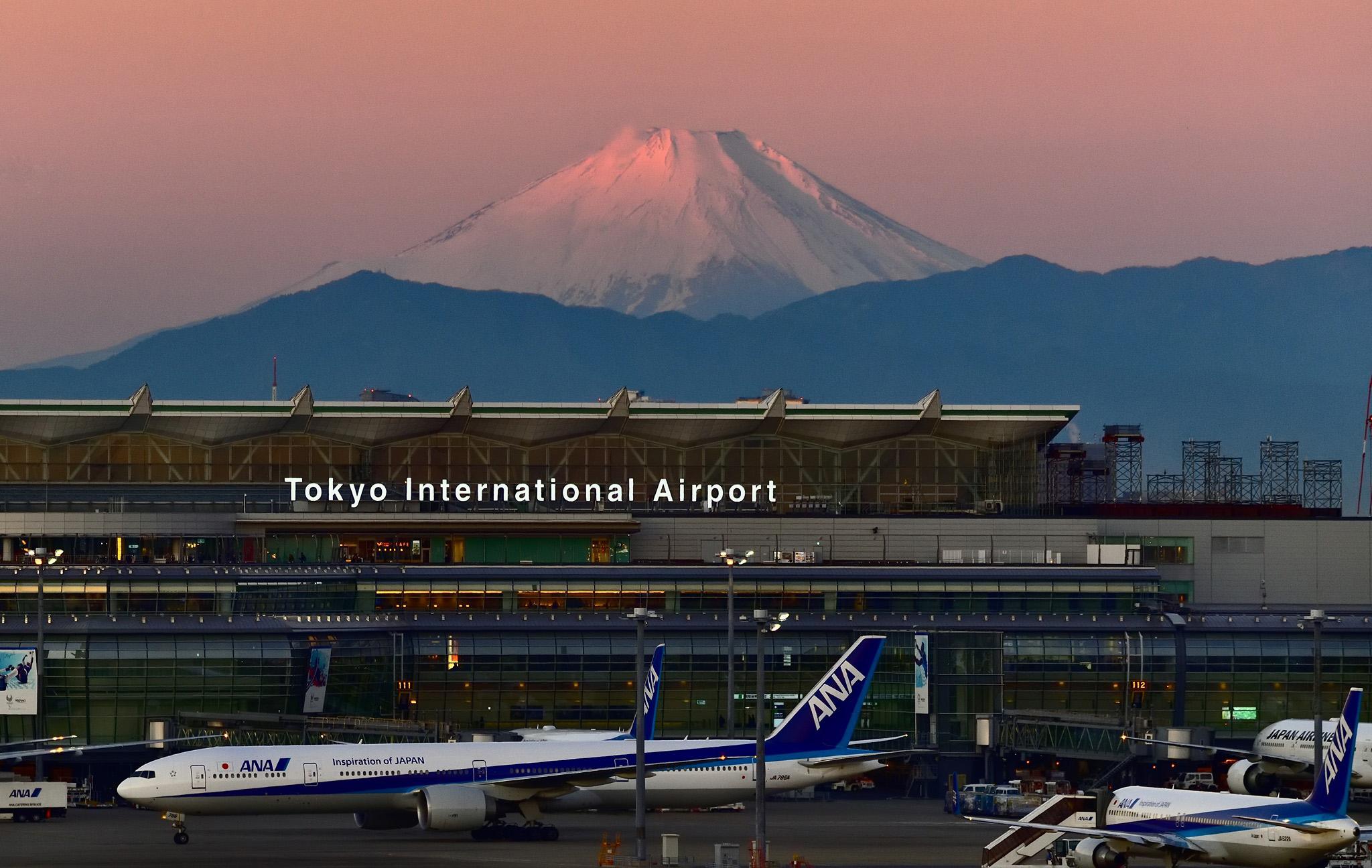
American Airlines is now vying against United Airlines to secure slots for Tokyo Haneda airport that Delta Air Lines is relinquishing.
On Sept. 22, Delta informed the U.S. Transportation Department (DOT) it would not utilize the slots it holds for flights from Portland International airport to Tokyo Haneda. Dormancy waivers issued to carriers during the pandemic—which allowed airlines to postpone launching flights to Haneda—expire on Oct. 28.
Earlier this year, Delta asked the DOT to grant airlines flexibility to use the slot pairs to operate to Haneda from any U.S. market, rather than the cities assigned to each airline in the 2019 slot allocation for the service to Haneda. But DOT rejected Delta’s request.
American Airlines has joined United Airlines in seeking the slots returned by Delta. American is proposing to operate daily, year-round nonstop service from New York JFK to Haneda. According to Aviation Week’s CAPA, All Nippon Airways and Japan Airlines currently operate on the route.
Dallas/Fort Worth-based American operates service from its hubs in DFW and Los Angeles to Tokyo Haneda.
Shortly after Delta informed DOT it was returning its slots assigned to the Portland-Haneda route, United requested the slot pair for daily service from its hub at Houston Intercontinental International airport to Haneda.
In its application, United explained that although Houston was not selected in the previous Haneda route proceeding, the DOT recognized that United’s proposal would offer connections to Haneda from 32 U.S. airports and provide the southern United States with an alternative U.S.-Haneda gateway. Delta operates to Haneda from its hubs in Atlanta, Minneapolis, and Detroit. The airline also has flights to Haneda from Seattle and Los Angeles.
United offers service to Haneda from Los Angeles and its hubs in Chicago O’Hare, Newark, San Francisco, and Washington Dulles.
American told DOT now that it and United have filed “competing, mutually exclusive applications for the seven weekly Haneda slot pairs that Delta has returned, the Department should institute a comparative selection proceeding.”
